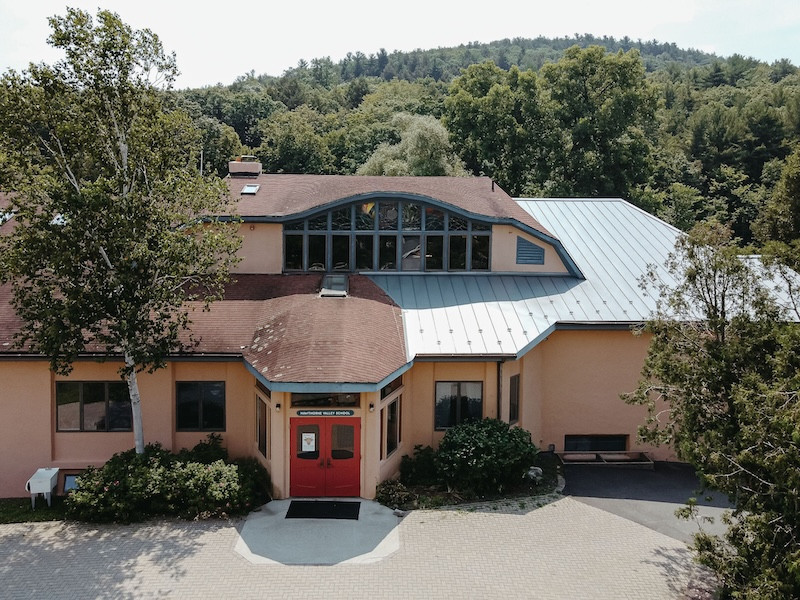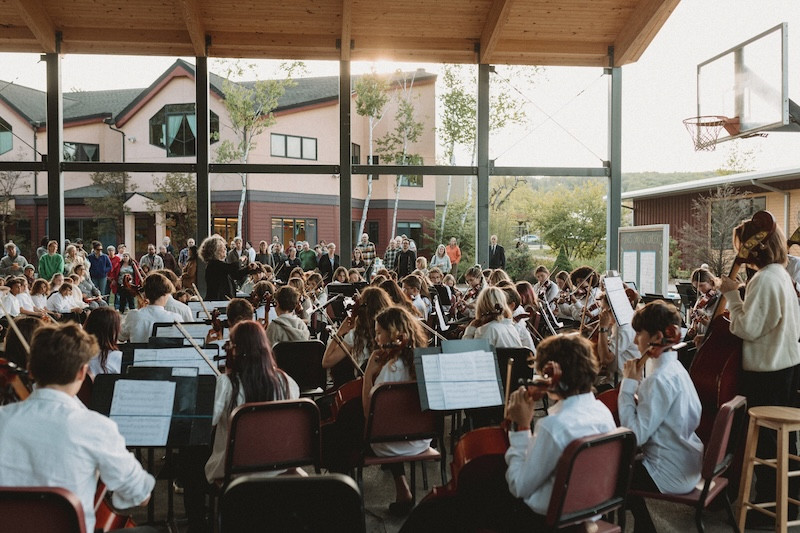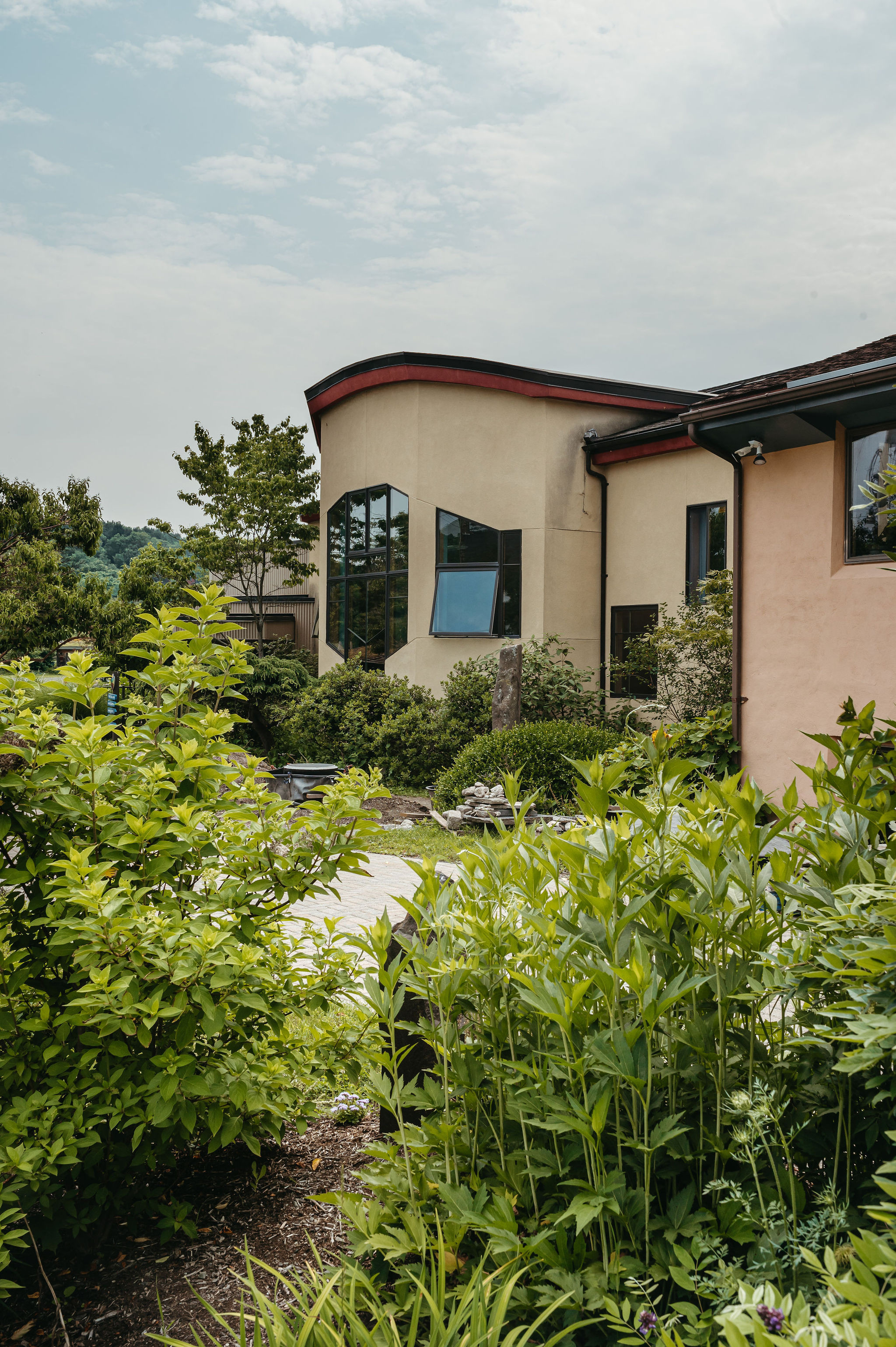Hawthorne Valley’s Net Positive Initiative: Giving Back More Than We Take
Hawthorne Valley Association has deepened its commitment to renewal with a transformational new guiding principle.

Hawthorne Valley Association has deepened its commitment to renewal with a transformational new guiding principle.
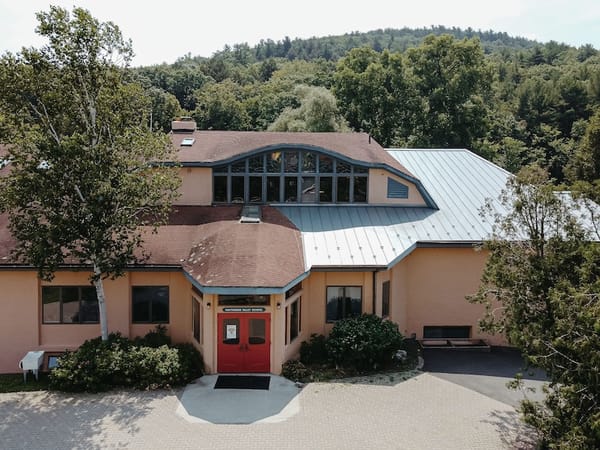
Fifty three years ago, a small group of biodynamic farmers and Waldorf teachers had a big idea: a farm school based on the teachings of Rudolf Steiner that would cultivate both the land and young minds. The seeds of that early vision grew into Hawthorne Valley Association (HVA) in Columbia County, whose impact as a leading local organization committed to social and cultural renewal continues to grow.
Today, its Waldorf school has graduated approximately 700 students, its apprentice program has trained more than 200 future farmers, and the organization supports over 700 local and regional businesses each year. Over time, its mission—renewal of soil, society, and self through agriculture, education, and the arts—has grown HVA into a multifaceted organization that includes centers for social and ecological research, Waldorf teacher training, an art gallery, a beloved farm store, and a summer camp that Modern Farmer has named as one of the seven best farm camps for kids.
In 2023, the Hawthorne Valley Board of Trustees deepened its commitment to its mission of renewal with a transformational new guiding resolution: Net Positive is a campus-wide initiative that goes beyond the concept of “net zero,” with an overarching organizational goal of improving the future for society and the environment by contributing more than it extracts.
Unlike the traditional “net zero” approach, which is limited to a traditionally defined environmental context and a basic concept of simply offsetting harm, Net Positive aims for a future focused on improving society, the environment, and the economy for everyone.
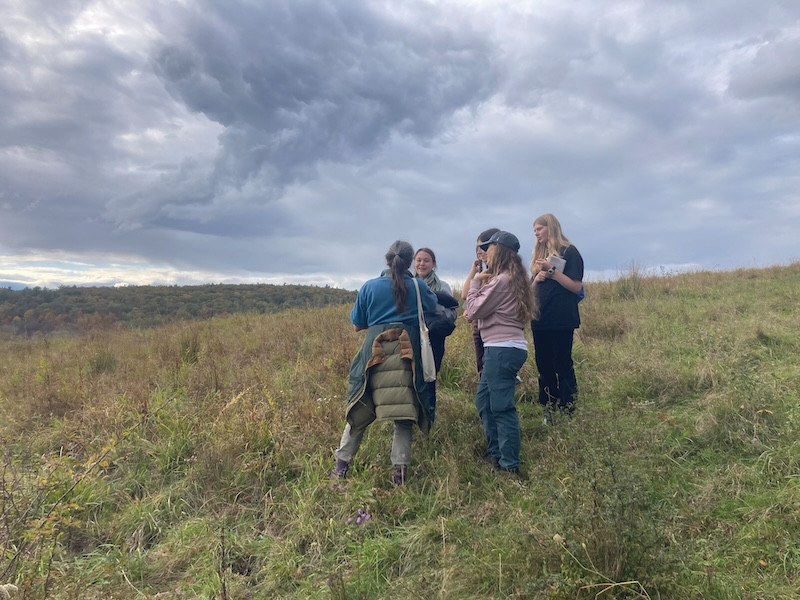
This approach is grounded in bioregionalism—understanding and working within the natural boundaries and capacities of local ecosystems—while harmonizing social, economic, and environmental needs. Progress is measured through trackable metrics such as energy audits. The new paradigm resonates across multiple program areas and drives exciting expansions of the organization's longstanding commitment to thinking and acting both locally and globally.
“We have a wholesale decarbonization plan at the school,” says campus director Josh Wise. “This summer, we’re implementing a geothermal HVAC system and indoor air quality improvements and installing rooftop solar on one of the pavilions that will account for close to 100 percent of the school’s electrical demand. We’ll still be connected to the grid, but we’ll be generating and renewing what we use from sustainable sources.”
HVA is also working to build a network of partners to improve their ecology (the interconnectedness between people and their environment) and build community economic resilience, realizing that these pieces are deeply intertwined. Next steps include the implementation of the first round of staff-led sustainability proposals backed by the new Net Positive Fund, including biodiversity research, equipment electrification at the farm, and landfill diversion and upcycling projects. In the fall, a similar call for proposals will go out to students at Hawthorne Valley Waldorf School.
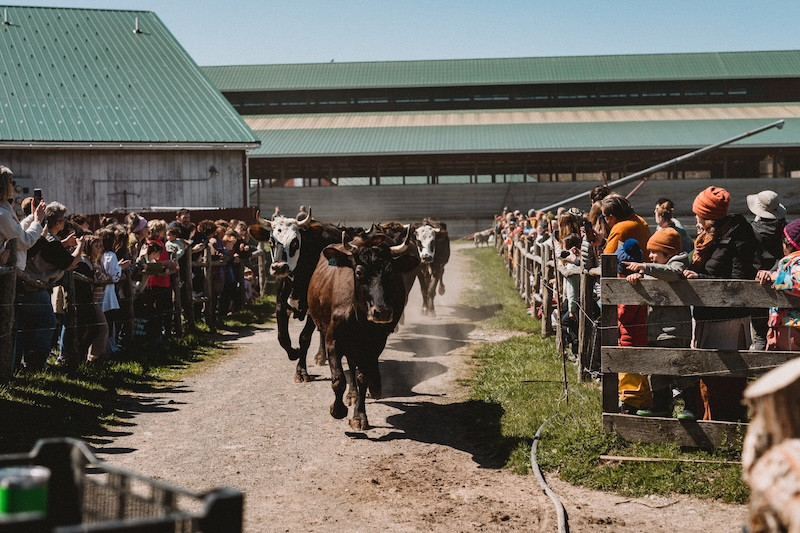
“We’re taking a deep look at what we want for these young people, not a race to some arbitrary finish line but self-knowledge and a positive sense of belonging to the world,” explains Karin Almquist, school director. Last year, the high school Ecology Club worked with HVA’s Farmscape Ecology Program to design a Biodiversity Trail. The trail is a multi-faceted initiative designed to foster environmental education, ecological awareness, and community engagement by creating a multifunctional trail through ecologically important habitats on active farmland.
Almquist says that the possibilities of thinking net positive in an educational setting are virtually endless, from better compensation for teachers to an intensive, interdisciplinary deep dive into the meaning of happiness at the high school level.
“What can we do to imbue our lives with contentment and satisfaction? How do we access the volition, the motivation to actually do those things?” says Almquist. “Living on this planet isn’t easy right now, and we want them to have the tools that will make it joyful and rewarding.”
This content was produced by Chronogram Media Branded Content Studio in collaboration with our sponsor, Hawthorne Valley Association. It does not necessarily reflect the attitude, views, or opinions of the Rural Intelligence editorial staff.
